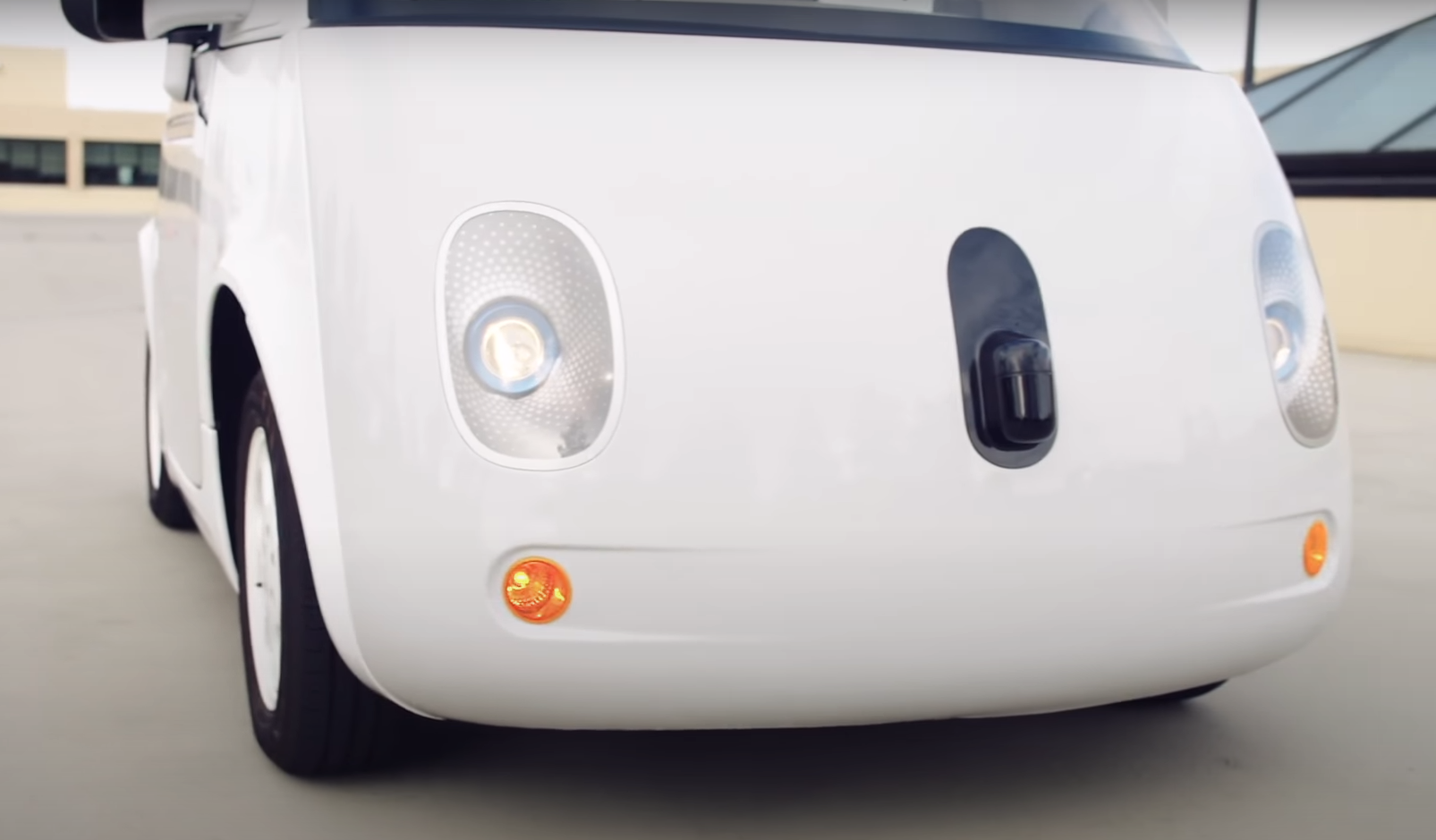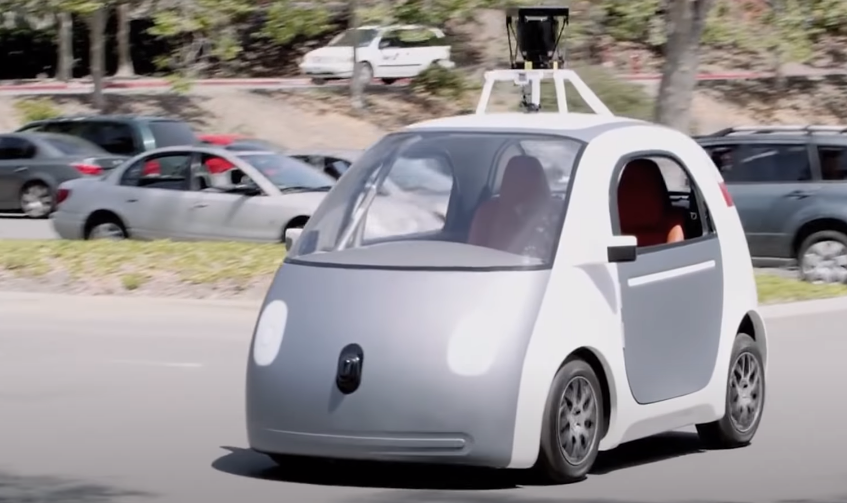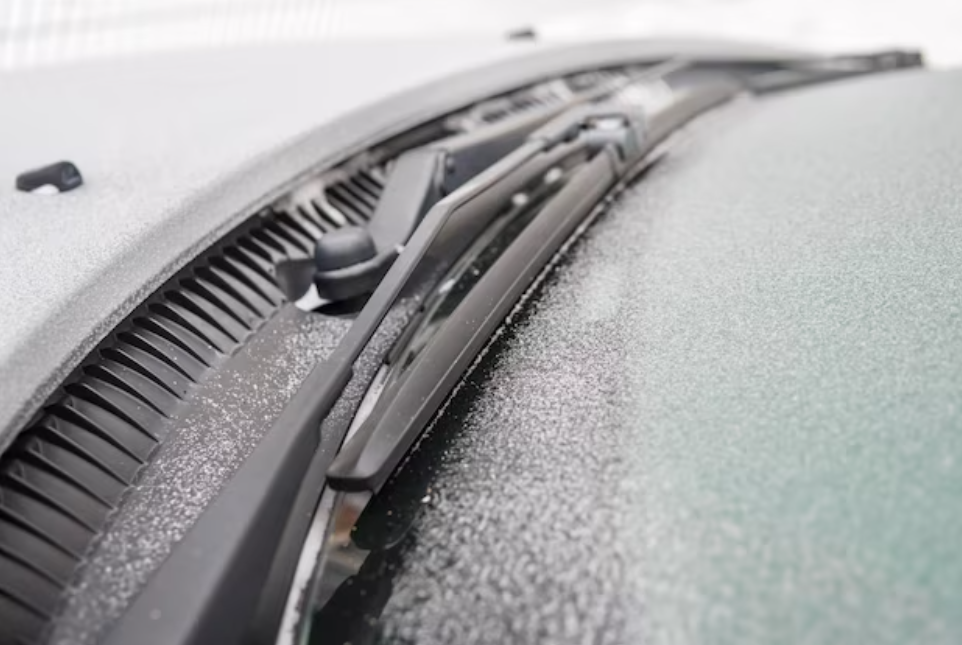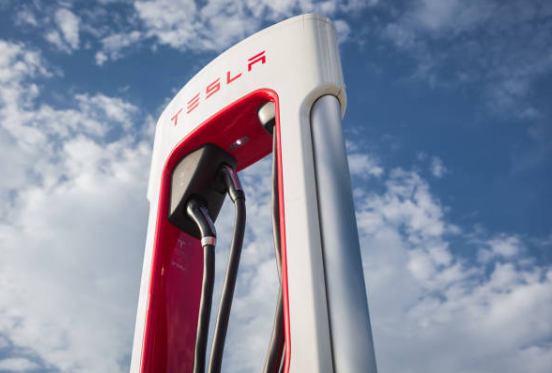The Google Car Is a Hoax
The realm of technology has witnessed its fair share of hoaxes, and among the captivating narratives that have surfaced recently, none is more intriguing than that of the Google Car. You might be familiar with the concept – the self-driving, bubble-shaped vehicle heralded as a revolutionary force in the automotive industry. Yet, upon closer inspection, it appears that the Google Car might not unfold as initially perceived.

The Hoax Revealed
The story suggests imminent deals with carmakers put Silicon Valley's tech giant on the spotlight, but not for the reasons we thought. Initial reports suggested imminent agreements between Google and car manufacturers for the release of a revolutionary self-driving bubble car. However, these reports were subsequently debunked as untrue.
In Philadelphia, a vehicle resembling a Google Street View car was sighted, but it turned out to be a counterfeit with no affiliation to Google. Instances of individuals attaching GPS sensors to actual Google Street View cars as pranks have also been documented.

Pranks involving Google Maps by teenagers have added to the confusion surrounding Google's automotive endeavors. Notably, an Australian teenager orchestrated a prank upon encountering a Google Maps car, with such incidents often gaining viral traction on social media, perpetuating misconceptions about Google's car initiatives.
Despite these occasional hoaxes and pranks, it is crucial to recognize Google's consistent leadership in autonomous driving. The tech giant has actively developed self-driving technology since 2009.
While news of technological advancements, particularly from industry giants like Google, is inherently exciting, it underscores the necessity of fact-checking before embracing information as truth. Hoaxes can propagate misinformation, leading to widespread confusion in the public domain.

Despite the presence of hoaxes, Google indeed spearheaded the self-driving arena, establishing its autonomy division as far back as 2009. The project continues to evolve, with the current emphasis transitioning to Waymo, a subsidiary of Alphabet Inc., Google's parent company.
Nevertheless, the reputation of the Google Car project has been impacted by these hoaxes and pranks. Notable instances include teenagers orchestrating memorable pranks on Google Maps and individuals convincingly simulating events on distant roads. The internet is replete with such stories, contributing to the complexity and fascination surrounding the narrative of the Google Car.
-
Are there risks associated with misinformation about the Google Car?
Yes, misinformation can lead to widespread confusion and misunderstandings about Google's automotive initiatives. It underscores the importance of fact-checking to ensure accurate understanding.
-
What should one keep in mind when encountering news about technological advancements, especially from industry giants like Google?
It is essential to approach news with a critical eye and engage in fact-checking before accepting information as truth. Hoaxes can propagate misinformation, emphasizing the need for discernment in the ever-evolving landscape of technological advancements.
See more review here: The 10 Best Forstner Bit Sets












